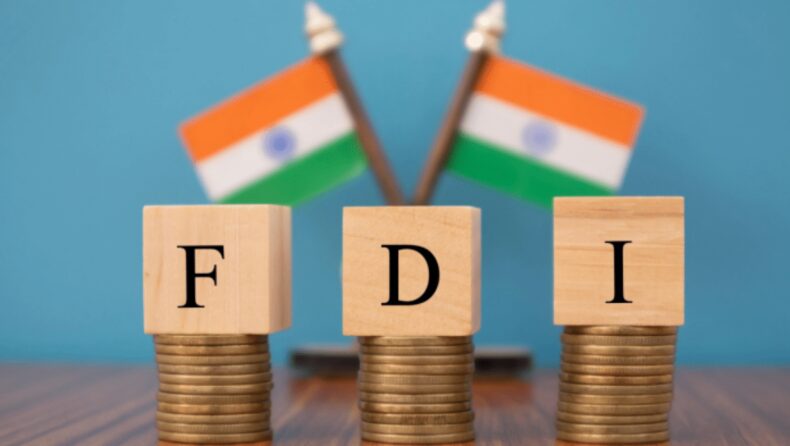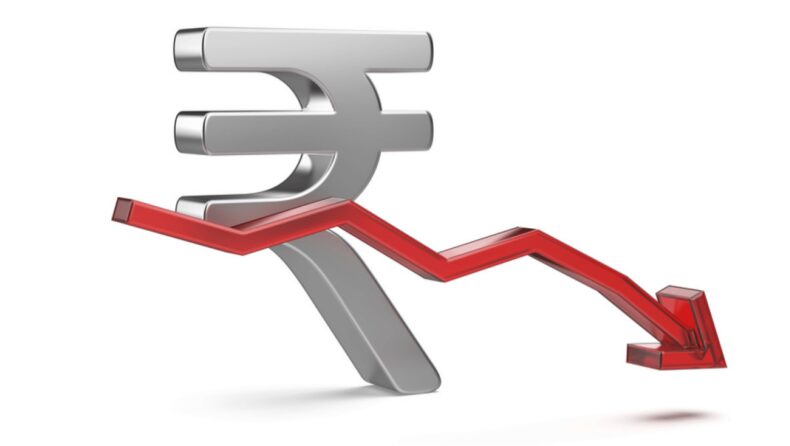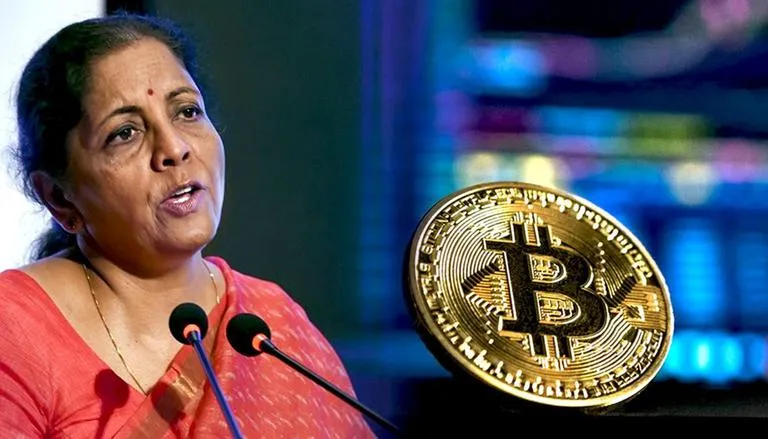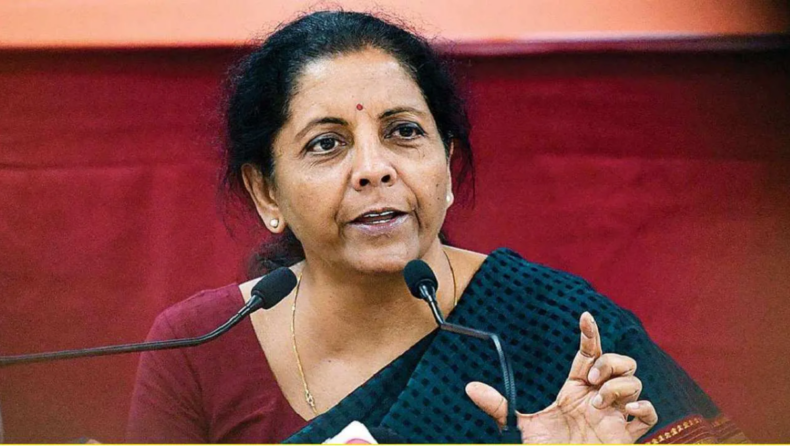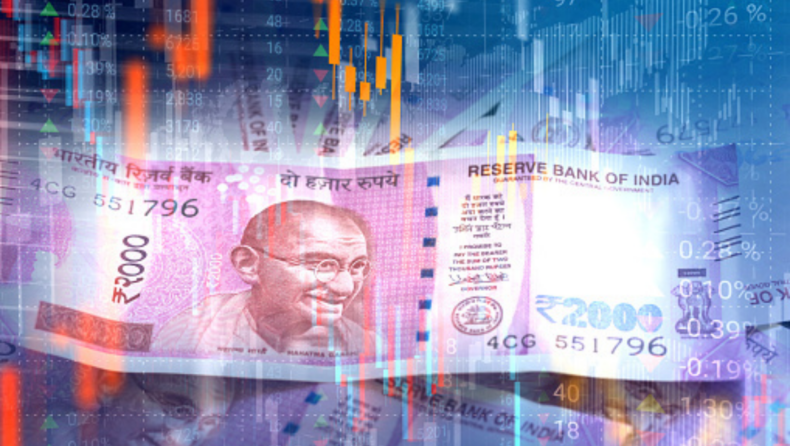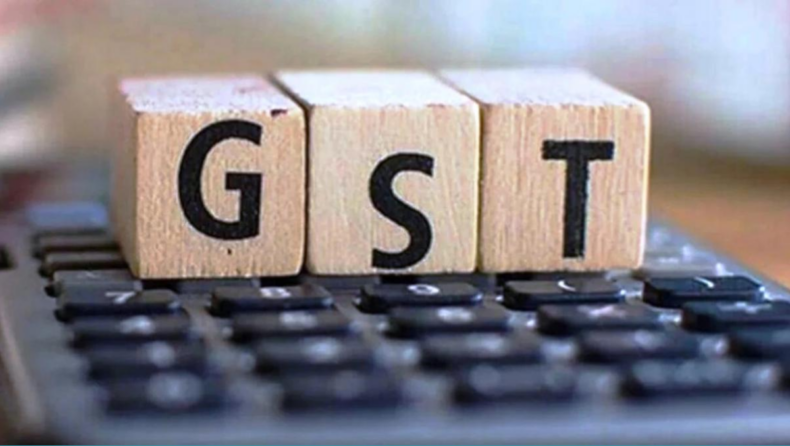Author: Chahat Saini
I am a commerce student pursuing B.Com (Hons.) from Shri ram college of commerce.
In order to stabilize the weakening rupee, the Reserve Bank of India may need to identify measures to bolster its foreign exchange reserves, such as by enticing non-resident Indians to deposit more money. India’s central bank is the Reserve Bank of India (RBI), which was established on April 1, 1935, under the Reserve Bank of India Act. The Reserve Bank of India is in charge of regulating the currency and credit systems of India and uses monetary policy to maintain financial stability there. The Reserve Bank of India (RBI) is India’s central bank. Originally established as a private organization in…
The government announced on Saturday that due to economic reforms and the ease of doing business, India is on track to bring in USD 100 billion in foreign direct investment (FDI) during the current fiscal year. Inflows of USD 83.6 billion from abroad were the “largest ever” for the nation in 2021–2022. An ownership stake in a foreign company or project is known as a foreign direct investment (FDI) and is made by a foreign investor, business, or government. Typically, the phrase refers to a corporate decision to buy a sizable portion of a foreign company or to buy it…
On Friday, the rupee lost value versus the US dollar and reached a new low as the local mood remained negative in the face of a fast surging dollar. The Federal Reserve has hinted at a longer-than-expected tightening cycle, which has caused the dollar to rise across the board in recent days. Within the first few minutes of trading on Friday, the rupee hit a fresh intraday low. The local currency was trading at 81.13 at 09:25 IST. On Thursday, the rupee lost 1.1% of its value versus the dollar, ending the day at a historic low of 80.87 per…
Finance Minister Nirmala Sitharaman said here on Wednesday that the use of digital payments method in India has disproven the doubters. She praised Prime Minister Narendra Modi’s style of government and his faith in the people for this success while speaking on “20 years of Modi governance” in front of a group of BJP workers here. People received the money in their bank accounts simply by pressing a button during the shutdown brought on by the COVID-19 pandemic, she claimed. According to her, “the bank Mitra went to the hamlet and handed their money if they could not get…
After an awkward increase in overnight lending rates on Monday that reflected the near-total erosion of the systemic surplus—from roughly $8 lakh crore a year ago to within a touching distance of a deficit last week—central India’s bank may have to change its approach to the currency markets and liquidity management. When a financial asset or security may be quickly and easily converted into cash without depreciating, this is referred to as having liquidity. Cash alone is the most liquid of all the assets. The term “liquidity” describes how quickly and easily a security or asset can be turned into…
India anticipates that the International Finance Corporation will increase its lending to the nation from the current $1 billion to $2 billion to $3 billion during the following three to four years. At a meeting on Monday, IFC managing director Makhtar Diop received this message from Finance Minister Nirmala Sitharaman. The International Finance Corporation (IFC) offers loans and direct investments to finance private enterprise investment in developing nations all over the world. It is associated with the World Bank and offers advisory services to promote the growth of private entrepreneurship in countries that may lack the infrastructure or liquidity needed…
On Sunday, the finance ministry reported that greater advance tax mop-up has resulted in a 30% increase in net direct tax collections to Rs 8.36 lakh crore until September 17 of the current fiscal year. A direct tax is one that is paid by an individual or group of individuals directly to the body that levied it. Taxes on assets, real estate, personal property, and income are a few examples that are all paid by an individual taxpayer directly to the government. According to the ministry, “the gross collection of direct taxes for FY 2022-23 stands at Rs 8,36,225 crore…
As of September 9, Indian currency foreign exchange reserves were $550.87 billion, down from $553.11 billion a week earlier, a nearly two-year low. The Reserve Bank of India (RBI) said on Friday that the nation’s foreign exchange reserves fell by USD 2.234 billion to USD 550.871 billion for the week ending September 9. Large amounts of cash, bank deposits, bonds, and other financial assets denominated in currencies other than the Indian rupee make up India’s significant foreign exchange reserves. The Reserve Bank of India manages the reserves on behalf of the Indian government, with foreign currency assets making up the…
India has increased its purchases of cheaper Russian petroleum despite resistance and penalties from other countries. In order to complete this transaction and complete its purchase, New Delhi seeks to settle in rupees. Prior to making the proposed rupee Vostro accounts operational to settle international trade, including that with Russia, the banks contacted the Reserve Bank of India (RBI) to clarify any legal or regulatory ambiguities. Before implementing the proposed rupee Vostro accounts to settle international trade, including that with Russia, banks have contacted the Reserve Bank of India (RBI) to clarify any legal or regulatory ambiguities. The key issue…
The Goods and Services Tax, or GST. In India, it is an indirect tax that has mostly superseded other indirect taxes, including excise duty, VAT, and service tax. The Goods and Service Tax Act was approved by Parliament on March 29, 2017, and it became effective on July 1 of that same year. The trend for goods and services tax (GST) revenue collection has been over Rs. 1.4 lakh crore for the last six months in a row, but it hasn’t consistently surpassed Rs. 1.5 lakh crore. On Wednesday, Revenue Secretary Tarun Bajaj stated that he anticipates October’s GST revenue…
Contact us:
online@asianatimes.com
Copyright © 2024 Asiana Times. All Rights Reserved







